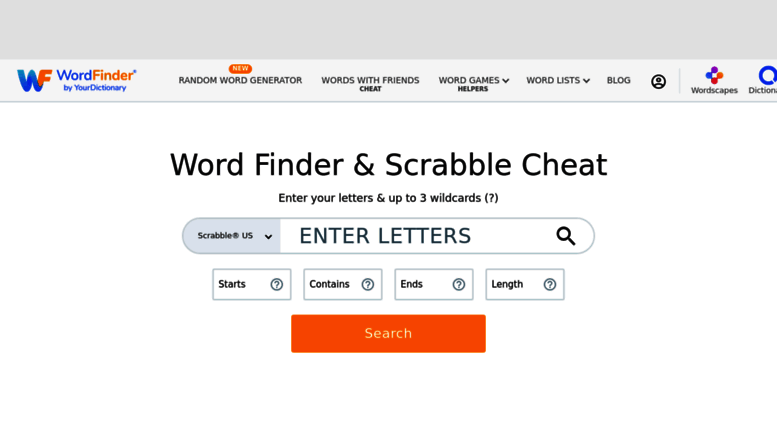

World and School Championships, Entry into Hall of Fame, and Online Scrabble The latter retains the rights to the game to this day. Between 19, ownership of the game changed hands twice, with the game first being bought by COLECO, and later by Hasbro Inc. Hasbro Acquisition and Television Showīy the mid-80s, fans of the game could be found all around the US, and that's when Scrabble was presented as a game show by NBC. Two years later, the USA hosted the first ever national Scrabble tournament. This also called for further fine-tuning of the rules, with parameters regarding who goes first, passing turns, and final tallies were solidified in 1976. At long last, the first major tournaments - initially unofficial - began to take place starting in 1973. In 1953, some rules regarding parallel words and bonus squares such as Double Letter or Triple Word Score were updated, and as Scrabble became a more popular game, people began contemplating the viability of tournaments. Refinement of Rules and First Tournaments This gave the game a lot of clout in the market, and by 1952, Selchow & Righter had acquired the rights to produce the game. The next year, departmental chain store Macy's began selling the game at their outlets after its president Jack Straus fell in love with the game. He also altered the color scheme of the board, copyrighted it in 1948, and began producing it en masse in 1949 despite the great personal financial loss. Initially, Butts renamed Lexiko to "Criss-Cross Words," but after he handed the reins over to a man named James Brunot, the latter had the good sense to change the name to Scrabble.

Thus, a game - initially called "Lexiko" - was born. He would look at the frequency of each letter of the alphabet on the front page of the paper, and set values accordingly. It is said that he determined the number of letter tiles and their numerical values by considering The New York Times as a reference point. Living in New York in the early 1930s, he used his love for board games and crossword puzzles to come up with the idea for the game. InceptionĪn idle mind may historically be regarded with a negative connotation, but for Alfred Mosher Butts, it spurred the start of something incredible. But did you ever wonder where it all began? Who invented it and how it became the worldwide phenomenon it has been for decades? Here's what happened. Given its popularity, you might have been playing the classic board game since your childhood.


 0 kommentar(er)
0 kommentar(er)
